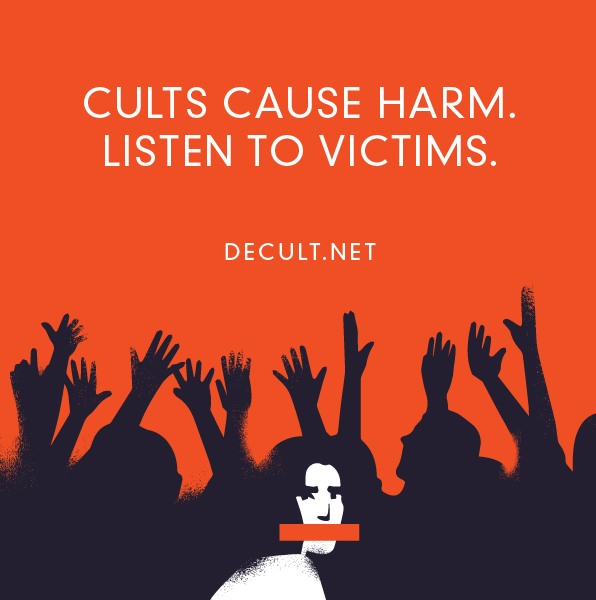We’ve all heard about Gloriavale, and those of us old enough will remember Centrepoint. But what constitutes a cult? What makes a person join one? And how many Kiwis are actually members of these groups – a world most of us only encounter in a news story or in a movie?
“No one ‘joins’ a cult”, says Anke Richter, author of the New Zealand bestseller ‘CULT TRIP’. “They join something that feels good at first and seems beneficial: a bible study group, an exclusive club with a worthy cause, a self-development programme, or a meditation workshop.”
Richter is therefore organising Decult 2024, the first cult awareness conference in Australasia (19 – 20 October in Christchurch and live streamed). This “small hui with a big impact” will feature cult survivors, international academic experts and victim advocates, with a focus on human rights and mental health.
The PR Company has recently had a bit to do with the Decult Trust, the charity behind this inaugural event, and of which Richter is a director.
The Trust aims to raise public awareness about the emotional, spiritual, physical and sexual abuse suffered by people unfortunate enough to find themselves in a cult. It is also introducing cult recovery therapy – a first in Aotearoa.
Cults, or so-called ‘high-demand groups’, come in many disguises. Those who fall into them are neither weak nor stupid, says Richter, a Christchurch journalist. Everyone has a vulnerability that could make them susceptible to undue influence and online recruitment, as the disinformation movement since the pandemic has shown.
Once you are seduced and manipulated, it’s very difficult to leave. The trauma for ‘survivors’ is very real, especially for those born or raised within oppressive communities. Research shows the significant harm that coercive control can cause. The risk for addiction, unemployment and suicide is huge, especially for SGA (second-generation adults) and MGA (multi-generation adults).
Tens of thousands of Kiwis are apparently affected by this ripple effect. While 90 percent of people do eventually get out, re-socialising into ‘normal life’ is tough. Not just Gloriavale leavers feel like refugees in their own country.
Unlike many other Western countries, our country lacks a central agency to prevent and address this growing problem.
“We desperately need better solutions here”, says Richter, “with specialised professionals who can give those who’ve suffered the right support.”
Looking at the devastating Abuse in Care report by the Royal Commission of Enquiry, which includes fringe faith groups and sects, the timing for more cult education seems right.
The Decult website gives further insight and features the stories of cult survivors – they’re worth a read – and an impressive list of supporters, from academia to media.

